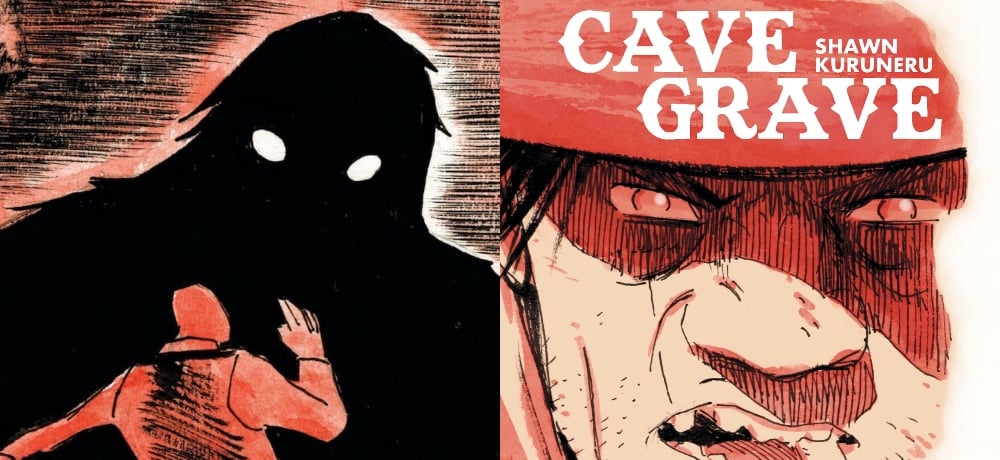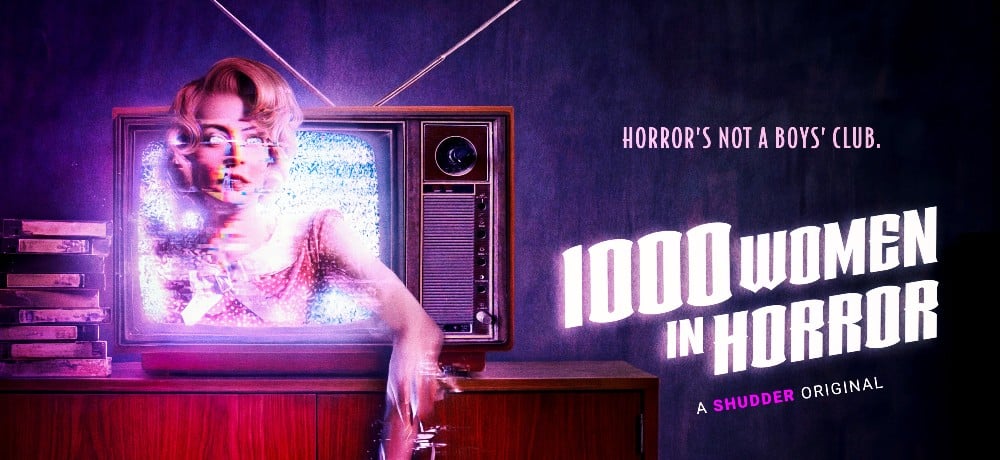





Let me get this out of the way up front: I think Paul Verhoeven’s 1987 sci-fi action classic, RoboCop, is a perfect film. With its mix of brilliant social satire, comic book action, dystopian sci-fi, and insane violence—a brilliant blend of ’80s aesthetics, Ed Neumeier and Michael Miner’s sharp script, a perfect cast, and Paul Verhoeven’s particular brand of genius/madness. It is the kind of movie that cannot really be reproduced… though two sequels and a 2014 remake certainly gave it a shot. That each came up short in different ways comes as no surprise. It only offers proof of the original movie’s magical alchemy.
Though they are disappointing in comparison to RoboCop, both of its initial sequels—1990’s RoboCop 2, directed by Irvin Kershner, and the Fred Dekker-helmed RoboCop 3 from 1993—attempt to replicate different aspects of the original and are not without some amount of charm, especially now almost 25 years later. RoboCop 2, for starters, keys into the mean-spirited ugliness of Verhoeven’s movie but misses the sense of humor (though not for lack of trying). It draws a line in the sand for fans of the first film, challenging them to endure a far more extreme movie experience. For those folks who felt that the original RoboCop wasn't brutally violent or darkly comic or casually sadistic enough, there's RoboCop 2. Want to see a 12-year-old boy run a drug empire and swear like a sailor? RoboCop 2’s got it! Human brains shattered and smashed into a city sidewalk? RoboCop 2’s got it! A fully conscious police officer vivisected with a scalpel while a roomful of people—including the aforementioned 12-year old boy and the police officer himself—are forced to watch? RoboCop 2’s got it.
Taking place a few years after the events of the first film, RoboCop 2 finds the police of Detroit still threatening to strike and facing obsolescence as the evil corporation OCP intends to replace them with more RoboCops. At the same time, the city is waging war on a new drug called Nuke and its inventor, Cain (Tom Noonan, Manhunter), a ruthlessly cruel spiritual and criminal leader bent on building an empire.
RoboCop may have worn its comic book origins proudly on its sleeve, but RoboCop 2 brandishes them like an emblem across its chest; you can see it in every camera angle, hear it in every exaggerated sound effect—for better or (often) worse, it’s a walking, talking comic. That's probably because one of the writers of the sequel is Frank Miller, the once-great comic book creator and author responsible for some of the best material comics have to offer. Though his original script is said to have been heavily altered and edited in the course of a difficult and often disorganized production (as evidenced by some of the comments made in the special features on Scream Factory’s new Blu-ray of the movie), his presence is felt all across this film. The movie itself is actually structured quite like a comic book limited series, but the structure ultimately works against the film. It becomes episodic—ideas are introduced, explored for a little while, then dismissed as we move on to the next one, such as RoboCop's "nice guy" makeover or bad guy Cain as RoboCop 2, a narratively illogical but cinematically brilliant device that receives precious little screen time.
RoboCop 2 is too fragmented and episodic, and (like its titular character) a tad too coldly metallic. Still, hardcore sci-fi fans and comic book lovers may find a great deal to admire about RoboCop 2, and there are even some who prefer it to the original. It manages to do exactly what a good sequel should: it explores the characters' universe further, gives the hero a new (and better) villain to contend with, and offers a fresh perspective on the material. At the same time, it’s so tonally inconsistent and narratively overstuffed that its ambitions can’t quite compensate for its major flaws. It’s a sequel that has a ton of interesting stuff that fails to add up to a satisfying whole.
If RoboCop 2 suffered from an overcrowding of the story, RoboCop 3 outdoes it in every arena: story, number of characters, even what's on screen—the frame feels too busy most of the time. At least Irvin Kershner knew how to organize the wealth of plot elements in some sort of linear way; the film was episodic, but coherent. In RoboCop 3, everything is in constant battle with everything else, fighting for the viewer's attention. Literally everything is thrown at the wall, but not enough of it sticks.
RoboCop 3 puts a new man in the suit: frequent Hal Hartley collaborator Robert John Burke (Thinner), taking over for Peter Weller as Murphy/RoboCop. This third installment pits the cyborg against a number of villains, including another ED-209 and the ever-present OCP, now in cahoots with a mercenary army brought in to evict the people of Detroit from their homes. When RoboCop is unjustly framed in the media for murder, he's forced to go underground and join up with a citizens' resistance effort in an attempt to reclaim Detroit once and for all. Plus, he flies.
The fundamental problem with RoboCop 3 is that, even beyond its PG-13 rating, it has been made specifically for young boys—it's RoboCop for kids. This was a conscious choice by the studio and producers, who felt they were leaving money on the table by making RoboCop movies just for grown-ups. Everything has been dialed down to the lowest common denominator, which would help explain the repeated moments of melodrama (every time a "good" character dies, he or she gets an impassioned closing line set to sad/swelling music), overblown sentiment (a Curly Sue-esque young orphan girl plays far too large a role in the proceedings), and cheap humor. Who knew RoboCop had been programmed to rattle off so many awful one-liners?
The film feels flat; there is non-stop spectacle on screen, and yet there's no connection to any of it. That may be because RoboCop 3 has no real story to tell, just a series of action beats designed to elicit gasps of "Cooooool!" from 13-year-old boys. It's a major departure from the slyness and sophistication of the first two films.
Much of the edginess and comic book spirit present in the previous installment are missing here. Sure, there are trace elements of Miller—the street gang known as the "splatterpunks" (a bit disappointing, name-wise), or the robotic yakuza samurai that appears periodically—but overall, his influence is lacking. That may be because his cowriter (and the film's director), Fred Dekker, has too great a propensity towards simplification and schlock. Now, Dekker is one of my favorite voices in the genre and one of my favorite people, period. He’s the man who made both Night of the Creeps and Monster Squad, after all, but even he will admit in the Blu-ray’s new special features that he is ultimately the one who deserves to shoulder the blame for the sequel’s shortcomings. Taking too much of a Saturday morning approach toward RoboCop is all wrong, as the series demands more maturity than that. The action scenes Dekker stages are busy but not involving, and what little social satire exists—previously a staple of the franchise—barely registers. It's as though someone had seen the other two films and realized, There ought to be some satire, but we're left with a few clumsy and obvious attempts and not much more.
There are two noteworthy elements in RoboCop 3. First, nearly the entire cast is comprised of familiar faces and character actors you’re sure to recognize, but whose names you don't necessarily know: CCH Pounder, Jeff Garlin, Jill Hennessy, Bradley Whitford, Rip Torn, and Stephen Root are among the hardworking actors showing up in everything from bit parts to major roles in the film. Second, the movie truly makes you appreciate the tremendous skill and nuance of Peter Weller's performance as the crime-fighting cyborg. It may seem easy to just "act like a robot," that is, until you watch someone else try to do it. Robert John Burke, Weller's replacement in RoboCop 3, is comparable to Weller only in appearance: lean and steely-eyed with a ridiculous chin. Try as he might, his physicality and vocalizations just don't do justice to Weller's creation of the character. Burke's a good actor, but he's not RoboCop.
Scream Factory gives RoboCop 2 and RoboCop 3 the special edition treatment with a pair of Blu-rays that should make any previous releases obsolete. RoboCop 2 gets a new 2K scan, making it look better than ever before in 1080p, while RoboCop 3 appears to use the HD master from Fox’s 2011 Blu-ray. While both films look good in high def, RoboCop 2 looks quite a bit better and the format is less forgiving of some of 3’s visual effects. Two new audio commentaries have been included on RoboCop 2: the first features author and CG supervisor Paul M. Sammon, while the second features Gary Smart, Chris Griffiths, and Eastwood Allen, the team responsible for the documentary RoboDoc: The Creation of RoboCop (which is not included here).
A new 30-minute retrospective, “Corporate Wars,” traces the production (and features some candid comments from stars Nancy Allen and Tom Noonan, neither of whom had a very positive experience on the movie), while “Machine Parts” interviews the special FX team and “Robo-Fabricator” speaks with James Belohovek, who was responsible for creating the character’s trademark armor. Comic book writer Steven Grant is interviewed briefly about adapting Frank Miller’s script, while “OCP Declassified” contains archival footage of the cast and crew discussing the movie and shooting some scenes that didn’t make the final cut. The remaining bonus features on RoboCop 2 include a collection of theatrical trailers, teasers, and TV spots, plus a gallery that contains production stills and several images from scenes that were eventually deleted.
RoboCop 3 is just as packed with extra features, beginning with an all-new commentary from co-writer/director Dekker, which I have to admit I maybe enjoyed more than the film itself. Dekker is very open about his experiences making the movie and where he thinks he came up short as a director, but the talk isn’t just some negative complaint fest. The RoboDoc team returns for a second commentary as well. Another retrospective doc has been included, this one called “Delta City Shuffle,” which features, among others, Dekker, Bruce Locke (who plays the movie’s villain), and Nancy Allen, who talks about her character’s fate in the movie. Locke and his martial arts trainer talk for a few minutes about the fight scenes and Locke’s physical regimen, while co-star Felton Perry—maybe the only cast member besides Nancy Allen to appear in all three films—discusses his work in the series and his career overall. Two more featurettes focusing on the special effects have been included, as have another still gallery and the original—and not very good—theatrical trailer.
What an interesting series of films the RoboCop movies are to watch evolve: the first RoboCop is a lower-budget, practically no-name genre film with a goofy title that comes out of nowhere and ends up a one-of-a-kind original, a landmark of genre cinema and, for my money, the best movie of 1987. RoboCop 2 is a confused and polarizing sequel, winning over some fans even more while driving many away with its commitment to being bleak and ugly. RoboCop 3, almost as if in response to 2, attempts to win everyone back by lightening the tone, but in the process making an unusually bland and juvenile sci-fi action film. Scream Factory’s new Blu-rays of the sequels have excellent video and audio and extras that not only make us appreciate the sequels more, but also put into context just where they come up short. These are great packages for two frustratingly uneven films. But hey, we’ll always have RoboCop.
RoboCop 2 Movie Score: 2.5/5, Disc Score: 3.5/5
RoboCop 3 Movie Score: 2.5/5, Disc Score: 3.5/5